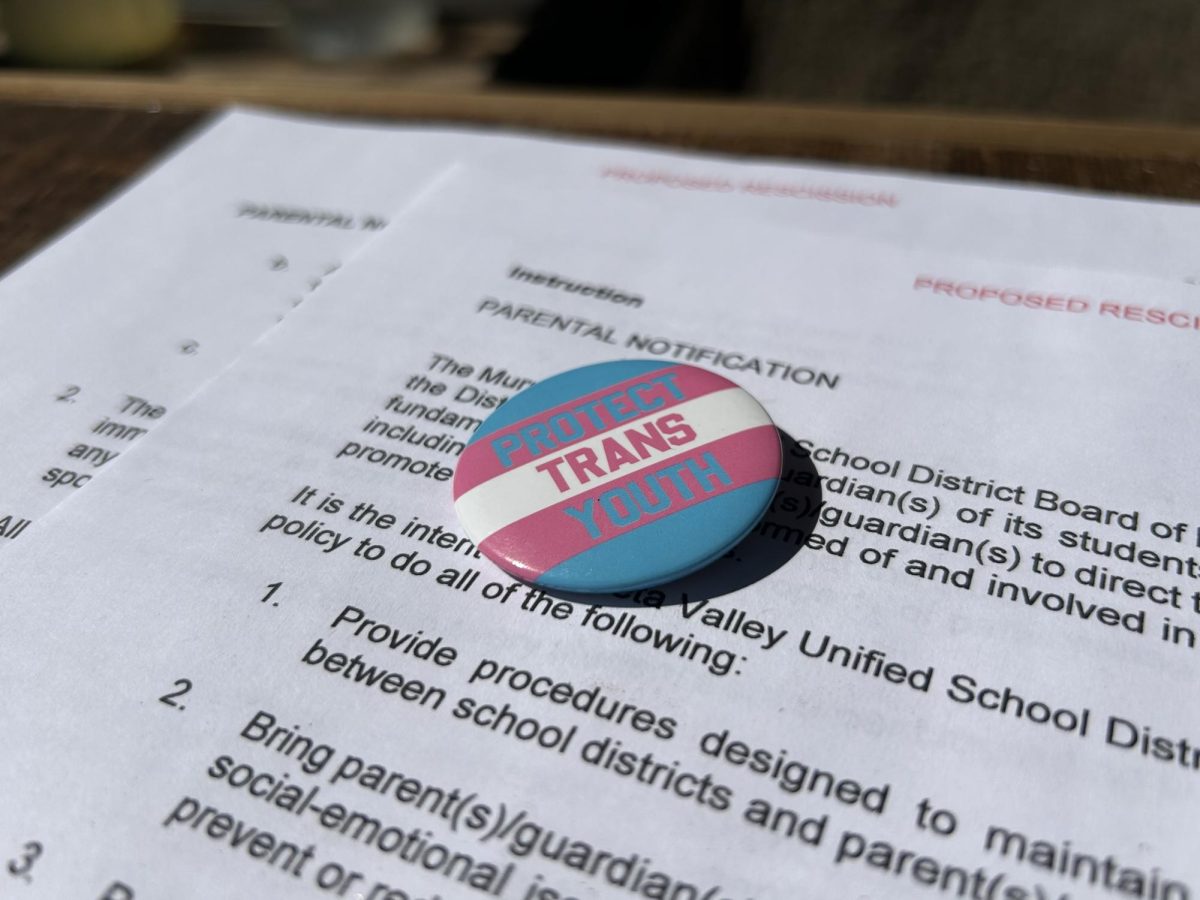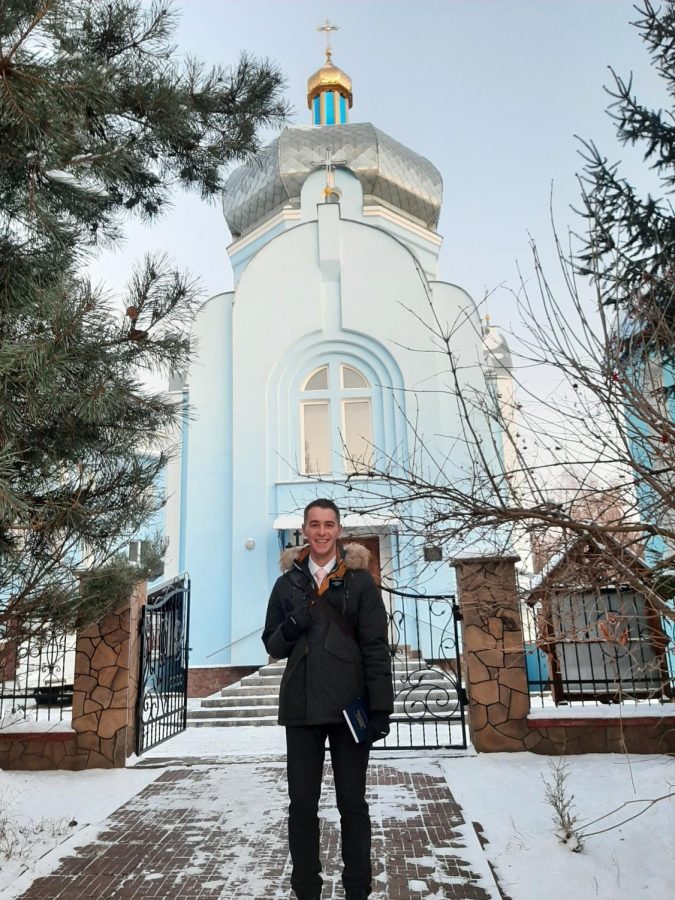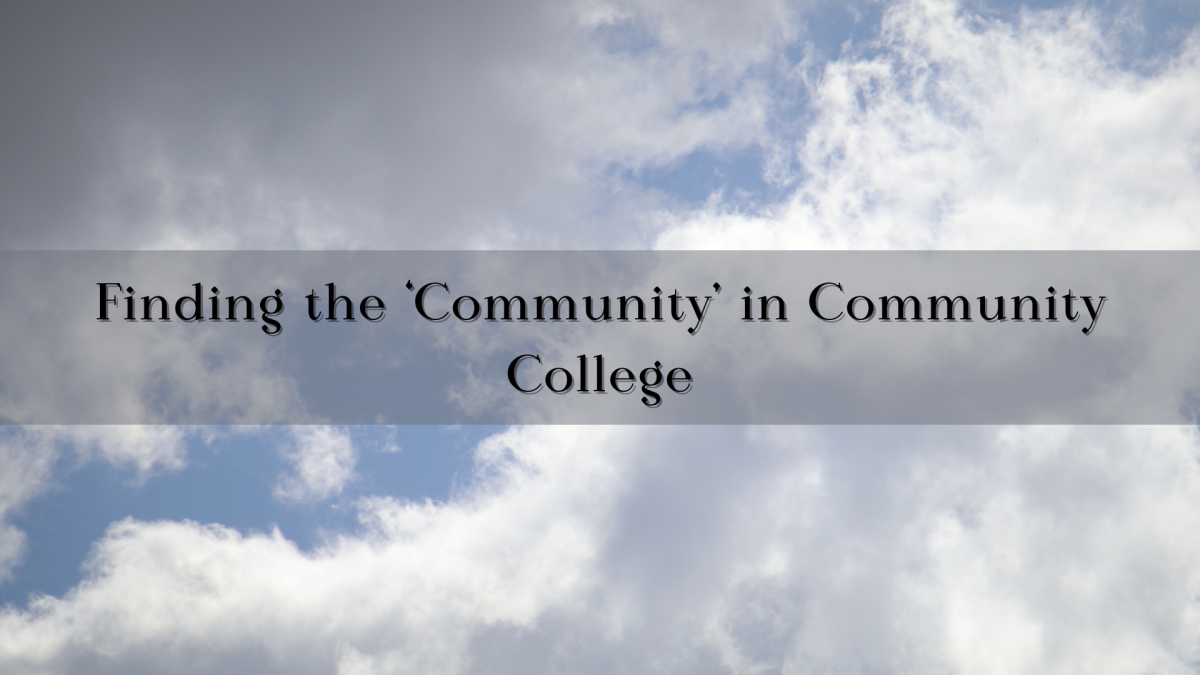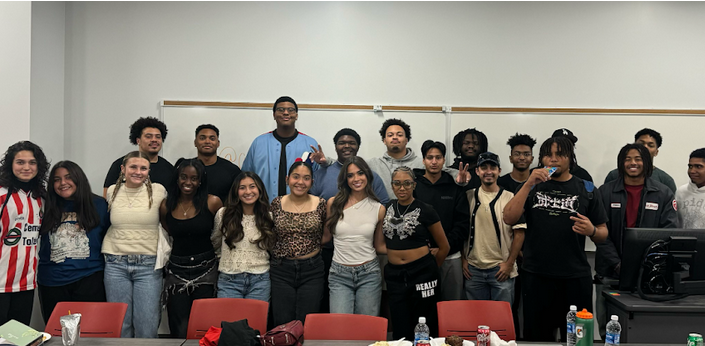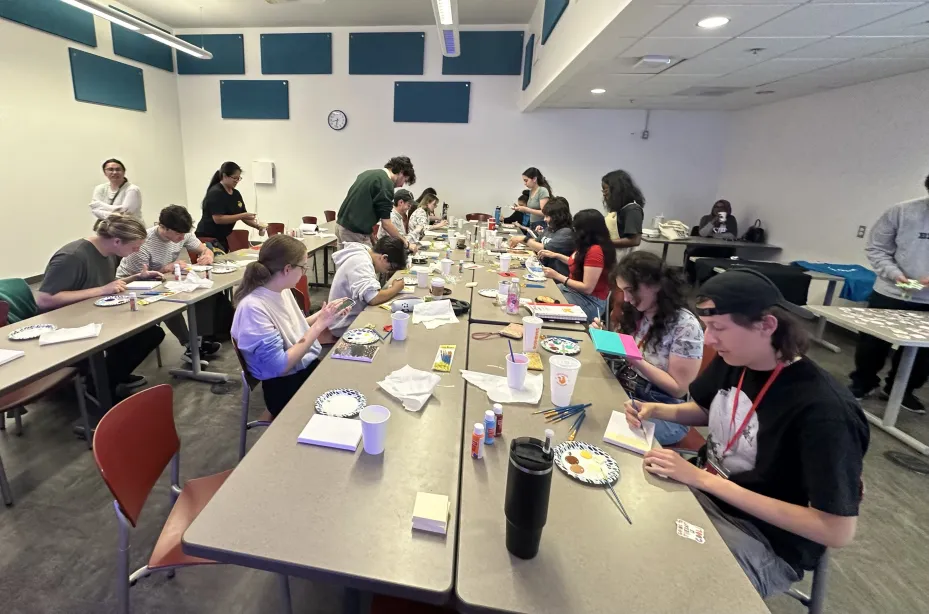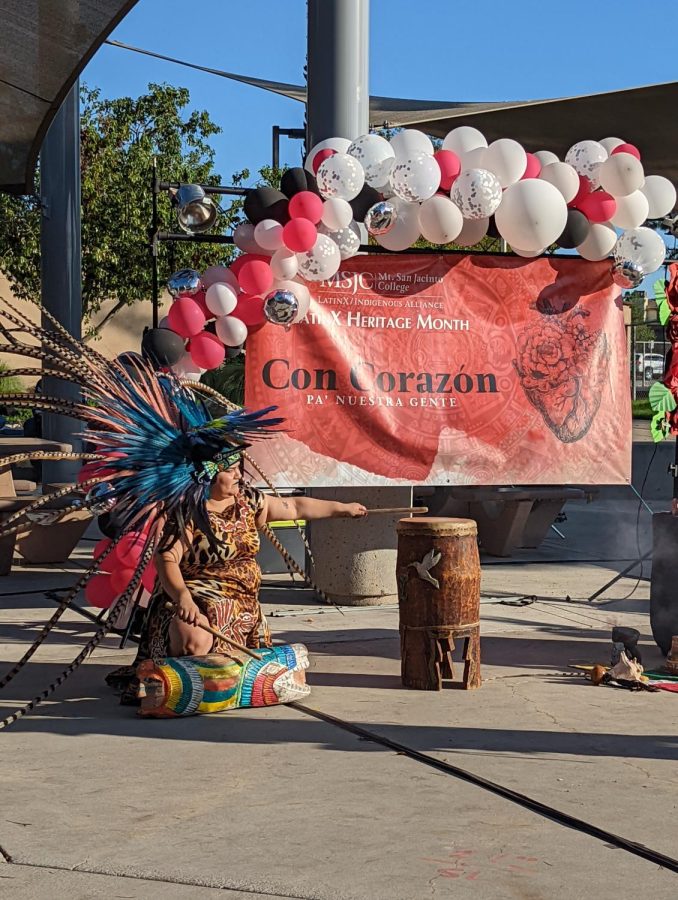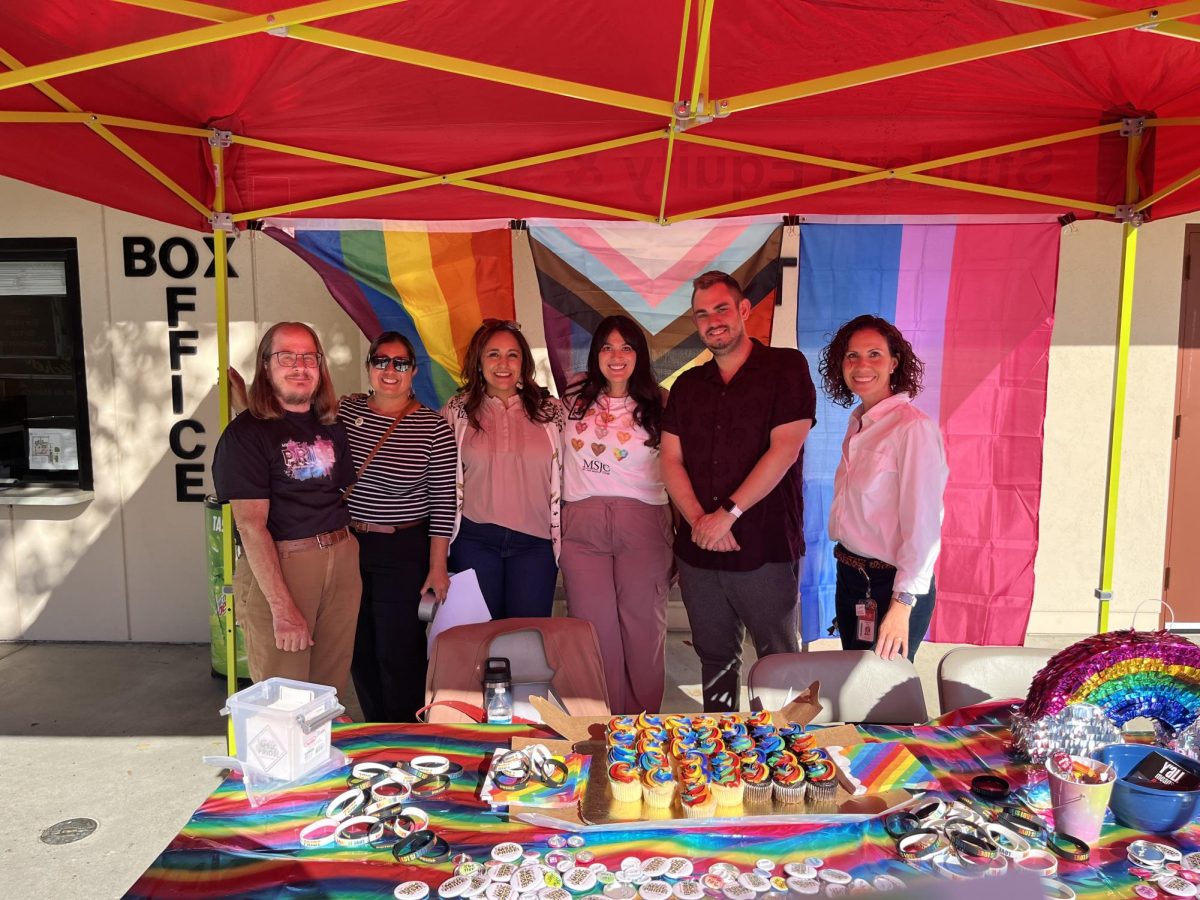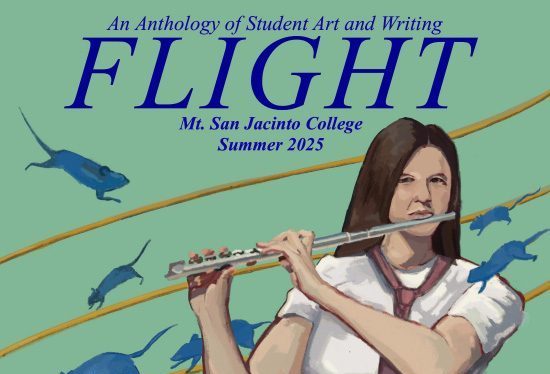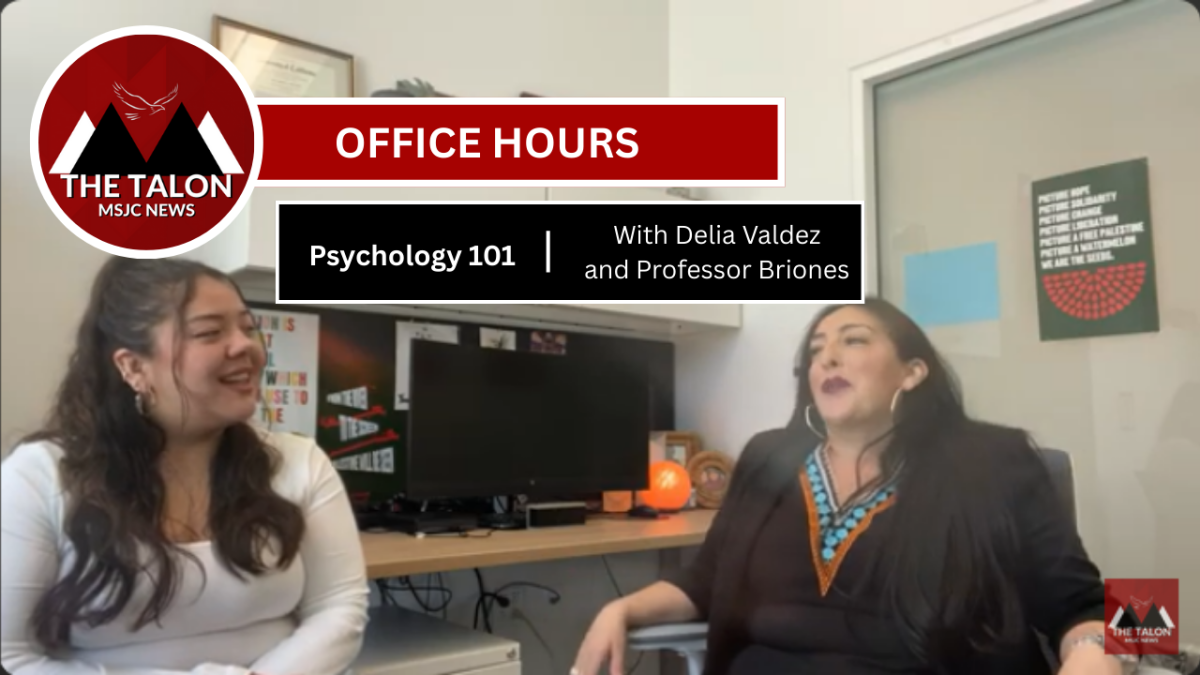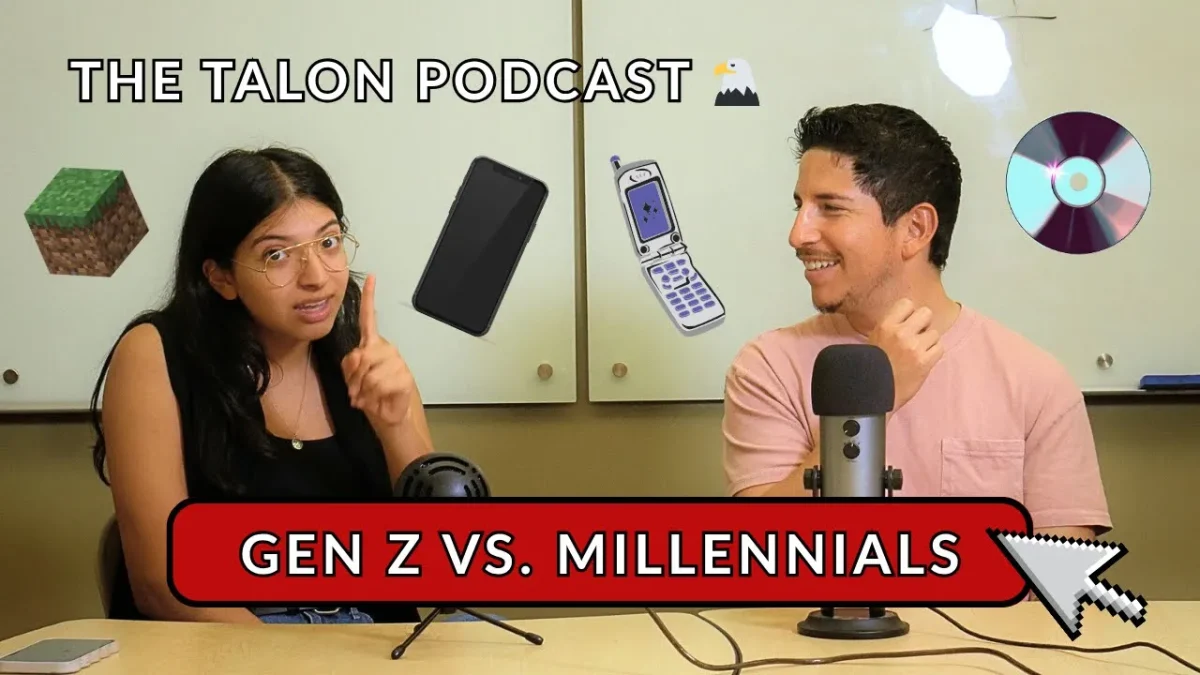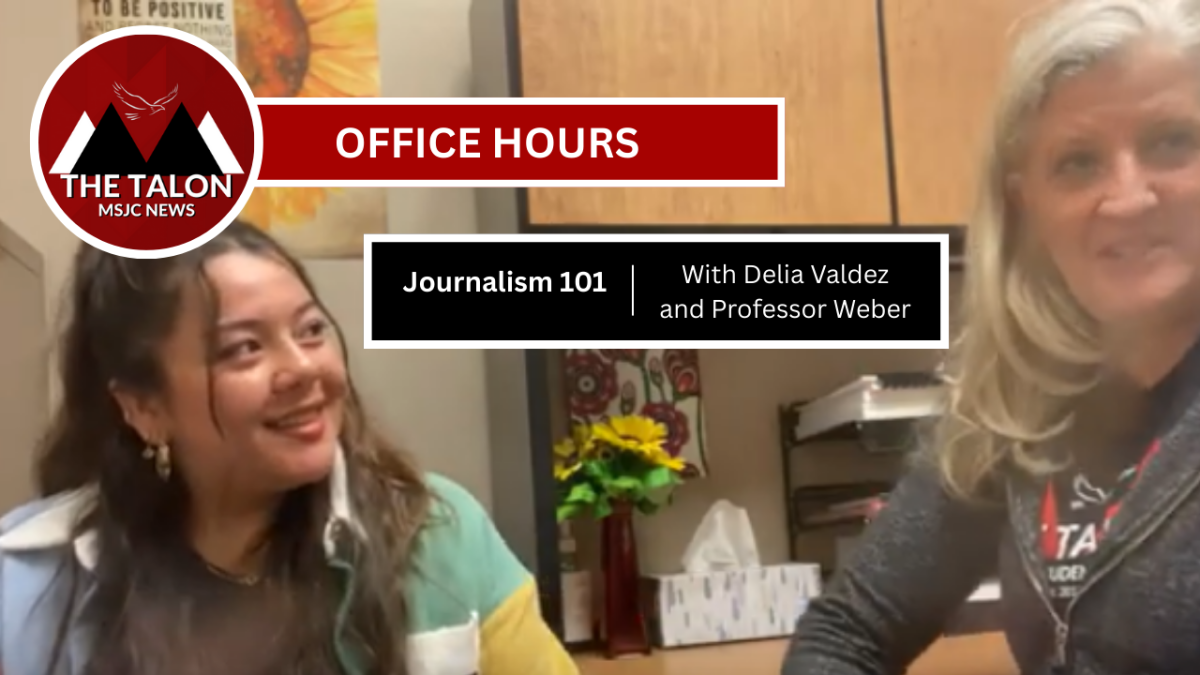There has been a growing divide across California between part-time and full-time community college academic faculty and the resources they each receive. One critical divide is how office hours differ from full-time and part-time faculty.
Office hours are a vital part of a professor’s job. They are one-on-one, non-lecture time dedicated to students. Professors provide necessary support and clarification for students, furthering their ability to learn, ask questions, and develop connections with faculty. Office hours are about creating a sense of belonging on campus, and professors provide mentorship to students, which are critical to students’ success.
Full-time professors at Mt. San Jacinto College (MSJC) are required to provide five office hours per week as per their contract and are compensated for them. This is the case for most California Community Colleges (CCC). However, this is not true for part-time faculty at many community colleges across California, including MSJC.
Part-time faculty are not required to hold office hours and are not compensated for any office hours they have. However, part-time faculty members can claim a few office hours as part of their professional development (FLEX) compensation, but it isn’t enough to allow for regular office hours. As office hours are considered a critical part of the student experience, the need for more standardization across all instructors causes a disconnect between students, their educational goals, and faculty.
The problem is made worse by the ratio of part-time and full-time faculty. Statewide, 30% of faculty are tenured/tenure-track (full-time), and 70% are temporary/part-time as of 2019. This means statewide, in colleges that do not offer part-time office hours as a districtwide policy, a massive portion of academic faculty are either not hosting office hours or are hosting them without explicit compensation. MSJC does better with this department, which, according to the CCC Chancellor’s Office, holds 189 full-time faculty and 463 part-time faculty as of the Fall 2023 term.
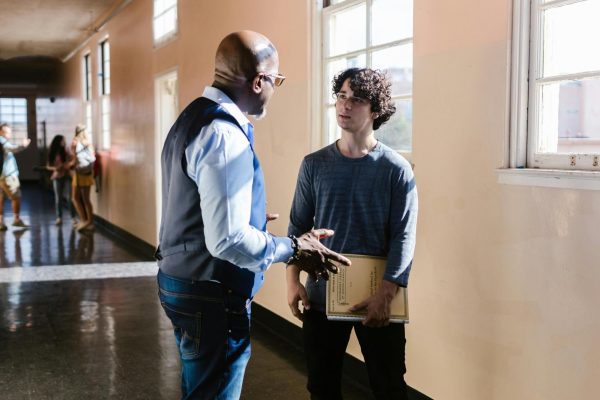
San Mateo became the first CCC to offer parity for part-time faculty in 2021. The union representing many adjunct faculty within that district won it after fierce negotiation, making office hours pro-rated the same regardless of full or part-time status. Since then, many other districts within the state have begun negotiating a form of part-time office hour parity.
However, like many other colleges, Mt. San Jacinto does not offer part-time office hour parity. Students at MSJC highly value office hours. Over 100 students signed a petition last year stating they value office hours and would like more to be held. This poses a dilemma: many of MSJC’s faculty are part-time, and office hours are not compensated directly; many students may not have proper access to office hours.
Because of this discrepancy, some students may not be aware that any faculty holds office hours, and a culture of not attending office hours can develop. Part-timers at MSJC have been fighting for parity and wish to see a policy implemented at MSJC. With contract negotiations ongoing, new developments at MSJC may occur. Reform of the Education Code has provided some relief, and the governing body of the CCCs provides districts with some aid to help pay part-time faculty for their office hours; however, it needs to be more balanced. Some professors have argued that it may affect outcomes, and studies have been conducted to corroborate this claim.
The Student Senate for California Community Colleges unanimously adopted a resolution written by MSJC’s Student Trustee, Joseph Awad, and sponsored by MSJC’s Student Government Association to recommend full parity. Districts across California are enacting policies to ensure parity. As these developments occur, the attention now turns to districts such as MSJC and what they will do next.










